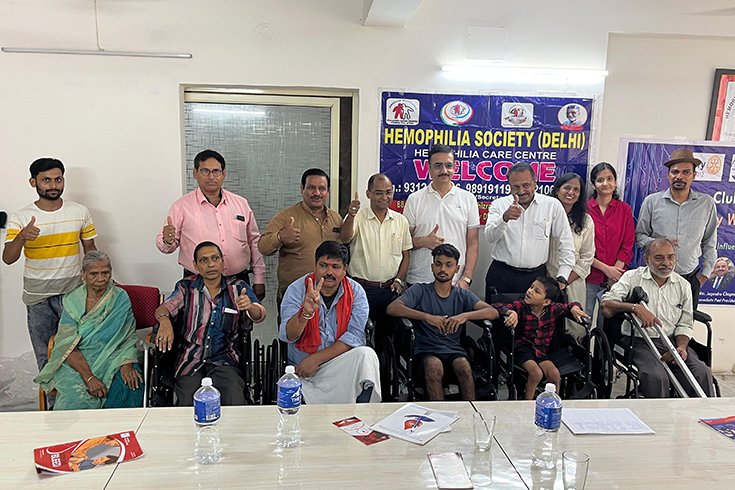The Akhil Bharatiya Akhara Parishad, an influential body of Hindu ascetics, has recently announced several significant changes for the upcoming Kumbh Mela, a massive religious event. One of the most notable decisions is to ban food stalls run by "non-Sanatanis," meaning people who do not follow the Sanatan Dharma, from setting up at the Kumbh Mela. Additionally, the Akhara Parishad has proposed renaming certain traditional terms used during the event, such as replacing "Shahi Snan" (royal bath) with "Rajsi Snan" and "Peshwai" with "Chhavni Pravesh."
These decisions were discussed and passed in a meeting held at the Niranjani Akhara in Prayagraj. Ravindra Puri, the chief of the Akhara Parishad, mentioned that these proposals have already been communicated to Uttar Pradesh Chief Minister Yogi Adityanath. He indicated that the Chief Minister might soon make an official announcement regarding these changes.
The renaming of terms stems from a desire to replace words of Urdu origin with those that are more aligned with Hindi. This initiative aligns with the larger movement of promoting the use of Hindi in place of Urdu or other languages in various religious and cultural contexts. For example, only a month ago, Madhya Pradesh's Chief Minister Mohan Yadav declared that the procession of Mahakal in Ujjain would be renamed from "Shahi Sawaari" to "Rajsi Sawaari."
The Akhara Parishad’s decision to limit food stalls to Sanatanis has stirred conversation as it reflects an intention to preserve the traditional values of the Kumbh Mela. The Parishad believes that by restricting non-Sanatanis from running food stalls, they can ensure that the cultural and religious integrity of the fair remains intact. Similarly, they have suggested that only Sanatani employees and officers should be deployed for duties during the Kumbh Mela. This is because the event holds great religious importance, and the Parishad wants those overseeing the event to fully understand and respect its traditions.
Another noteworthy aspect of the upcoming Kumbh Mela concerns the policemen who will be on duty. The Senior Superintendent of Police for the Kumbh Mela, Rajesh Dwivedi, announced that officers deployed for the event will be expected to follow certain lifestyle restrictions, including refraining from consuming meat and alcohol. The sale and consumption of both meat and alcohol are prohibited during the Kumbh Mela, and the police officers on duty will need to adhere to these guidelines as well. Their backgrounds will be checked to ensure they follow these rules.
The Akhil Bharatiya Akhara Parishad represents 13 prominent Akharas (sects or orders) of ascetics, including Nirmohi, Nirvani, Digamber, Mahanirvani, Atal, Bada Udasin, Nirmal, Niranjani, Juna, Avahan, Anand, Agni, and Naya Udasin. These Akharas play a crucial role in organizing and leading the Kumbh Mela, especially in rituals like the sacred bathing ceremonies, which are considered the highlight of the event.
The Kumbh Mela is one of the largest religious gatherings in the world, where millions of devotees come to bathe in sacred rivers, believing that doing so will cleanse them of their sins and bring them spiritual liberation. The event alternates between four locations—Haridwar, Prayagraj, Nashik, and Ujjain—on a rotating basis. The next Maha Kumbh Mela is set to take place in Prayagraj in 2025, and preparations are already underway to ensure that the event proceeds smoothly and maintains its sanctity.
In summary, the Akhara Parishad’s recent decisions are part of a broader effort
to protect and promote Sanatan Dharma traditions during the Kumbh Mela. By
renaming terms, restricting certain groups from running food stalls, and
ensuring that employees and officers respect the religious values of the event,
the Parishad aims to uphold the spiritual purity and cultural integrity of this
sacred festival. The proposed changes reflect both the religious sensitivities
and the desire to strengthen traditional practices at one of the most important
events in Hindu culture.












